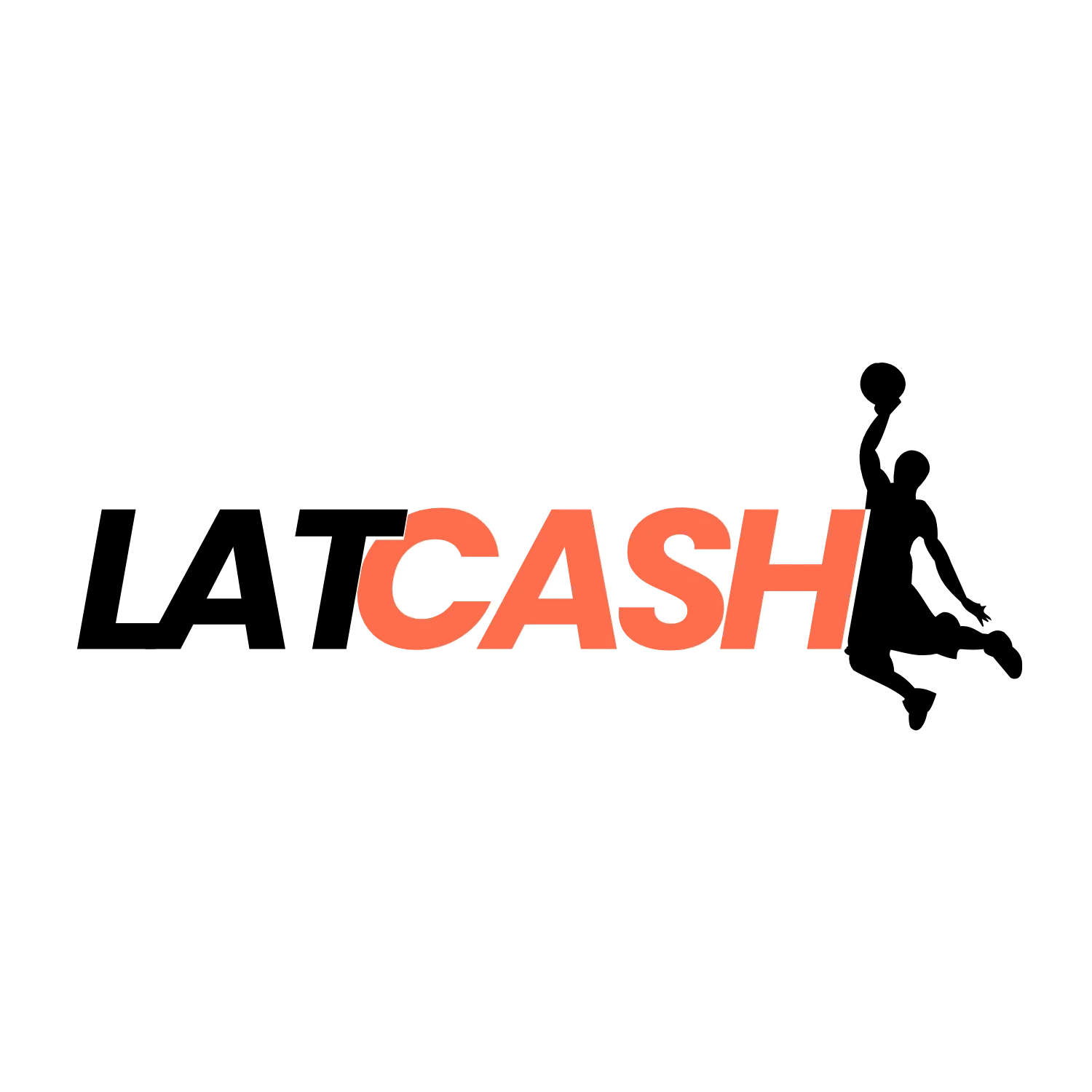Back in 2023 the NBA rolled out a rule known as the Second Apron. The aim was simple enough: keep the most heavily funded teams in check. If a franchise sails past the salary cap into a second luxury tax line, it loses a chunk of flexibility. It means limits on signing players, fewer trade options, and tighter cash maneuvers in deals.
Despite its goal, the Second Apron has drawn its share of criticism from around the league. On the latest edition of Bill Simmons’ podcast, Charles Barkley stepped in as a defender, arguing there is a core reason to support the rule. He has grown weary of watching super teams form and feel they drain the competitive edge from the league.
Why pull for the rule, Barkley asked, when players prefer to join forces and avoid real competition? He pressed the point with a few pointed questions about how many star talents are necessary on one squad.
The hall of famer did not keep his thoughts to himself. He recalled historic moments when star collaborations altered the landscape, citing LeBron James’ decision and Kevin Durant’s move to the Warriors as pivotal examples.
If you want to condemn a league that makes it easier for a handful of teams to stack talent, Barkley suggested, you should not be surprised when the league looks more like a parade of assembled power rather than a field of independent competitors. LeBron’s formation of a big three era with Chris Bosh and Dwyane Wade, and Durant’s departure to join the Warriors, he argued, were signals that the league needed some check on that trend.
Barkley made the case using recent team alignments as well. He pointed to the Phoenix Suns scenario with Durant, Devin Booker, and Bradley Beal as a case study in why the rule exists. If you pay three players at the top end of the market, the question becomes how many other players you can realistically retain or assemble around them. Barkley’s stance was clear: the Second Apron is a necessary guardrail, even if it feels restrictive.
The debate did not stop at the Suns. The broader question centers on how long the Second Apron can hold its ground. Simmons noted teams are now crafting plans around how to maximize the reward from salaries and trades, and he pointed to the Oklahoma City Thunder as a prime illustration. The champions recently committed sizable sums to bring in Shai Gilgeous-Alexander and Jalen Williams, prompting questions about whether those core pieces will still be there five years from now.
The business side of basketball is a vastly different beast from the on court product. Commissioner Silver has felt compelled to intervene, aiming to curb the excesses that come with big-money moves. Even if you disagree with Barkley on the Second Apron, the league seems intent on keeping some form of guardrails in place. The game remains the priority, and the hope is that the rules protect that essence rather than suffocate it.
